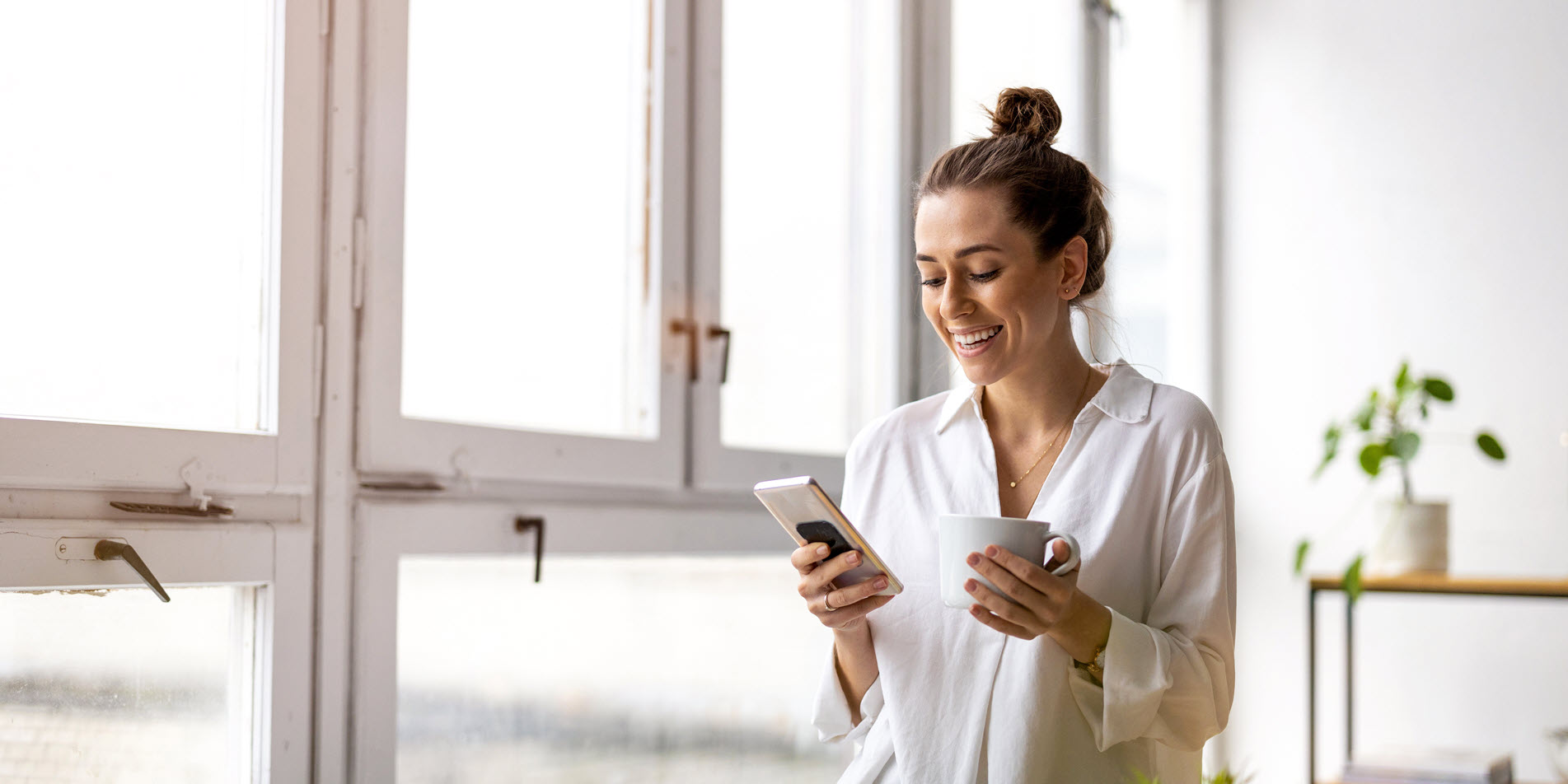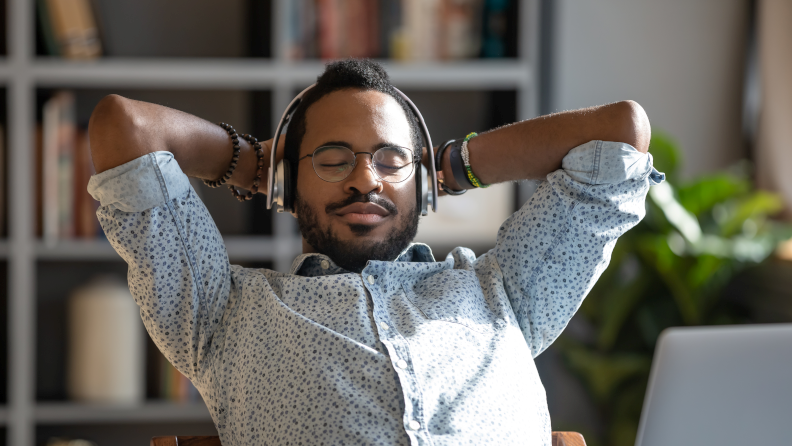What does a lack of diversity and inclusion look like at work?
Mental HealthArticle28 February 2024
Whether or not you've witnessed lack of diversity, exclusion, bullying or harassment in your workplace, these are ongoing issues in Australia. Many are caused by the subtle things people do, often without realising, that increase the gap between people with diverse experiences and everyone else, and cause harm.
People who are diverse in sexuality, culture, gender, race, disability, age, mental health, socio-economic status (and more) have views made up of many experiences that the rest of the population has not had. It can take some learning to become aware of how these experiences have shaped these diverse perspectives.
People often make throwaway remarks which may seem harmless, but they can have an enormous impact on those from diverse backgrounds, making them feel on the outer.
Casual racism
Race Discrimination Commissioner, Tim Soutphommasane, says casual racism is not necessarily a deliberate act of discrimination, or something that is meant to cause offence or harm. But it still has an impact and racism is as much about impact as it is about intention.
Diversity Council Australia’s research also states that workers from culturally diverse backgrounds are up to three times less likely to perceive their workplaces as being inclusive.
Casual racism makes people feel that they don’t belong, and can take forms such as:
- Asking someone where they are from when first meeting. While this may feel like an inclusive thing to say, it’s something that culturally diverse people may be asked often and can lead to feelings of being seen as an ‘other’
- Statements beginning with, “I’m not racist, but …”,
- Using language that historically has racist connotations, even though the meaning has since evolved.
This is why cultural sensitivity is so important, not only to people’s mental health, but also for cohesiveness and culture of a workplace. This Inclusive Language Guide may help kick off these discussions in your workplace.
Gender inequality
Many women have encountered casual sexism at work, including:
- Being told things like, “You’re good at (a stereotypical male skill) for a woman”
- Assuming someone new is male because they are a high-level executive
- Taking on most of the “office housework”; the Harvard Business Review reported that taking meeting minutes and baking cupcakes for the office afternoon tea impact on a woman’s career.
Such indirect remarks and expectations can contribute to women being less likely to feel empowered to forge their careers forward. This is an inequality we can all easily address through higher levels of awareness.
SuperFriend’s Building Thriving Workplaces resource provides a guide to respectful interactions, in order to create a mentally healthy culture where people can work without fear of discrimination.
We all benefit from diversity
We can only benefit by better understanding those around us. When it comes to diversity, this is a fantastic opportunity to become more aware, caring and cohesive people and professionals.
This article was provided by SuperFriend, a national mental health organisation helping workplaces improve mental health and wellbeing for their employees and customers.



